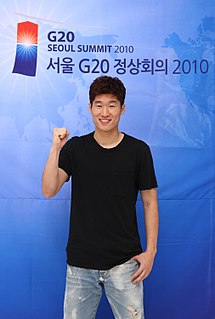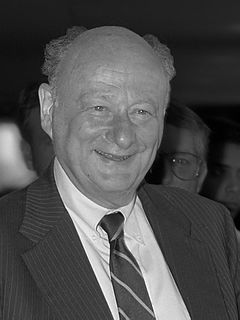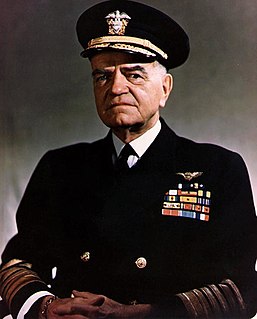A Quote by Michel Foucault
It seems to me that the real political task in a society such as ours is to criticise the workings of institutions, which appear to be both neutral and independent; to criticise and attack them in such a manner that the political violence which has always exercised itself obscurely through them will be unmasked, so that one can fight against them.
Related Quotes
The real political task in a society such as ours is to criticize the workings of institutions that appear to be both neutral and independent, to criticize and attack them in such a manner that the political violence that has always exercised itself obscurely through them will be unmasked, so that one can fight against them.
Perhaps what I am about to say will appear strange to you gentlemen, socialists, progressives, humanitarians as you are, but I never worry about my neighbor, I never try to protect society which does not protect me -- indeed, I might add, which generally takes no heed of me except to do me harm -- and, since I hold them low in my esteem and remain neutral towards them, I believe that society and my neighbor are in my debt.
Sometimes people will have a heart attack or some devastating personal loss, and after that, their political views change completely, and their behavior changes completely. It's not because somebody persuaded them to look at the graph on CO2 and temperature, and they finally saw the evidence and were persuaded. Something else changed that allowed them to see and to hear. What is that something else? How can we cultivate that in people without them having to go through a heart attack? The interpersonal things we do change the substructure of our systems. They are political.
The ultimate aim of politics is not politics, but the activities which can be practised within the political framework of the State. Therefore an effective statement of these activities - e.g. science, art, religion - is in itself a declaration of ultimate aims around which the political means will crystallise... a society with no values outside of politics is a machine carrying its human cargo, with no purpose in its institutions reflecting their care, eternal aspirations, loneliness, need for love.
The Chinese describe themselves as political refugees. Many base that claim on China's strict population laws, which allow them to have only one child. But if we accept them as bona fide political refugees for that reason, doesn't it follow that people living in countries where abortion is illegal (such as Ireland and Poland) should also receive political asylum? After all, their country's policy is forcing them to give birth to unwanted children.
Both of our political parties, at least the honest portion of them, agree conscientiously in the same object: the public good; but they differ essentially in what they deem the means of promoting that good. One side believes it best done by one composition of the governing powers, the other by a different one. One fears most the ignorance of the people; the other the selfishness of rulers independent of them. Which is right, time and experience will prove.
[Admiral Nelson's counsel] guided me time and again. On the eve of the critical battle of Santa Cruz, in which the Japanese ships outnumbered ours more than two to one, I sent my task force commanders this dispatch: ATTACK REPEAT ATTACK. They did attack, heroically, and when the battle was done, the enemy turned away. All problems, personal, national, or combat, become smaller if you don't dodge them, but confront them. Touch a thistle timidly, and it pricks you; grasp it boldly, and its spines crumble. Carry the battle to the enemy! Lay your ship alongside his!
[T]here are, at bottom, basically two ways to order social affairs, Coercively, through the mechanisms of the state - what we can call political society. And voluntarily, through the private interaction of individuals and associations - what we can call civil society. ... In a civil society, you make the decision. In a political society, someone else does. ... Civil society is based on reason, eloquence, and persuasion, which is to say voluntarism. Political society, on the other hand, is based on force.
Of course, no state accepts [that it should call] the people it is imprisoning or detaining for political reasons, political prisoners. They don't call them political prisoners in China, they don't call them political prisoners in Azerbaijan and they don't call them political prisoners in the United States, U.K. or Sweden; it is absolutely intolerable to have that kind of self-perception.
In many European countries we have populist indirect democratic systems. The people elect, in a proportionate manner, a parliament. The parliament with all its parties is representative of the political opinions among the citizens. It is reasonable to claim that the people rule itself through the political institutions.






































